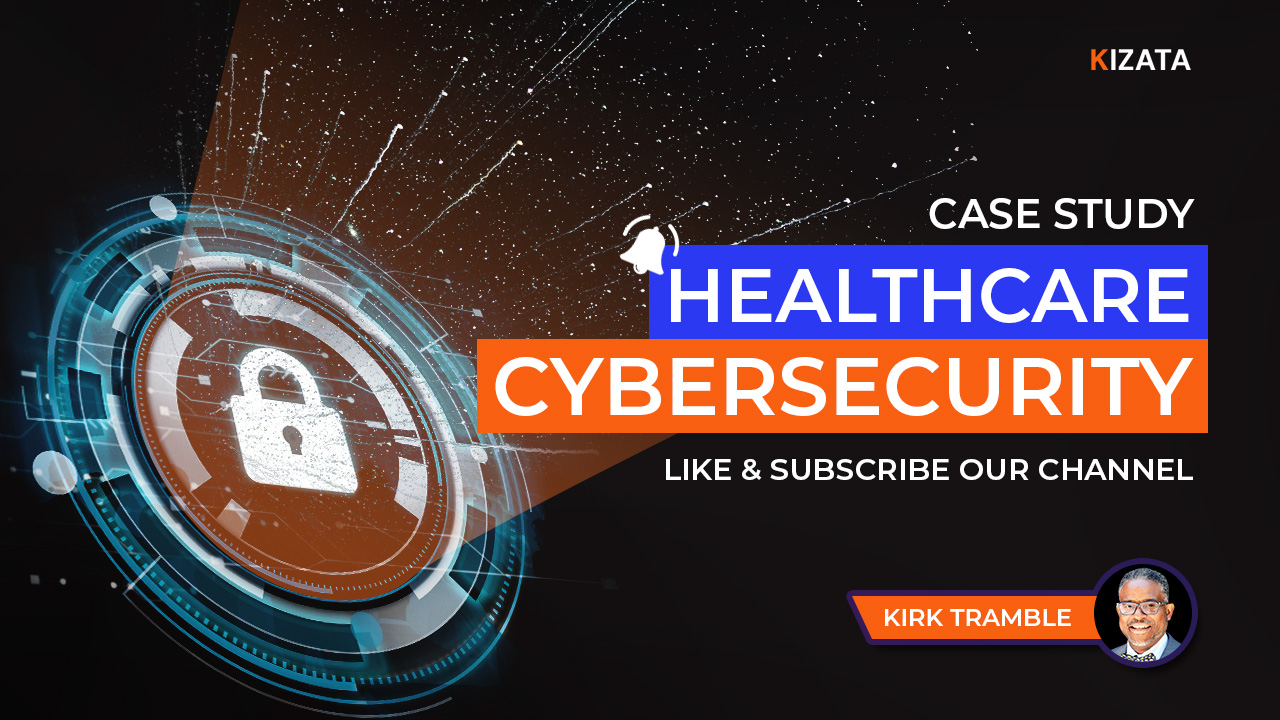The recent Qilin ransomware attack, as reported by The Hacker News, underscores the urgent need for stronger security measures on your VPN. This sophisticated attack exploits vulnerabilities in VPNs by using stolen credentials to gain unauthorized access, leading to severe data breaches and ransom demands.
Why Implement MFA on Your VPN?
- Blocks Unauthorized Access: MFA adds a vital security layer by requiring multiple forms of verification, making it much harder for attackers to infiltrate your network even if they have your credentials.
- Mitigates Phishing Risks: Phishing attacks often steal login details. MFA ensures that stolen credentials alone aren’t enough to compromise your network.
- Aligns with Compliance: Many regulatory frameworks now mandate MFA as a security best practice, protecting your organization from compliance risks.
Get Started with MFA:
- Verify MFA Support: Ensure your VPN provider supports MFA.
- Choose the Right Method: Select an MFA method that fits your organization’s needs, whether it’s SMS codes, authenticator apps, or hardware tokens.
- Educate and Monitor: Train your team on MFA usage and continuously monitor its effectiveness.
Conclusion:
The Qilin ransomware attack is a stark reminder of VPN vulnerabilities. Implementing MFA is a straightforward yet powerful step to safeguard your network against such threats. Don’t wait—secure your VPN with MFA today.
Call to Action:
Act now to implement MFA on your VPN and protect your organization from the growing threat of ransomware and other cyberattacks.


